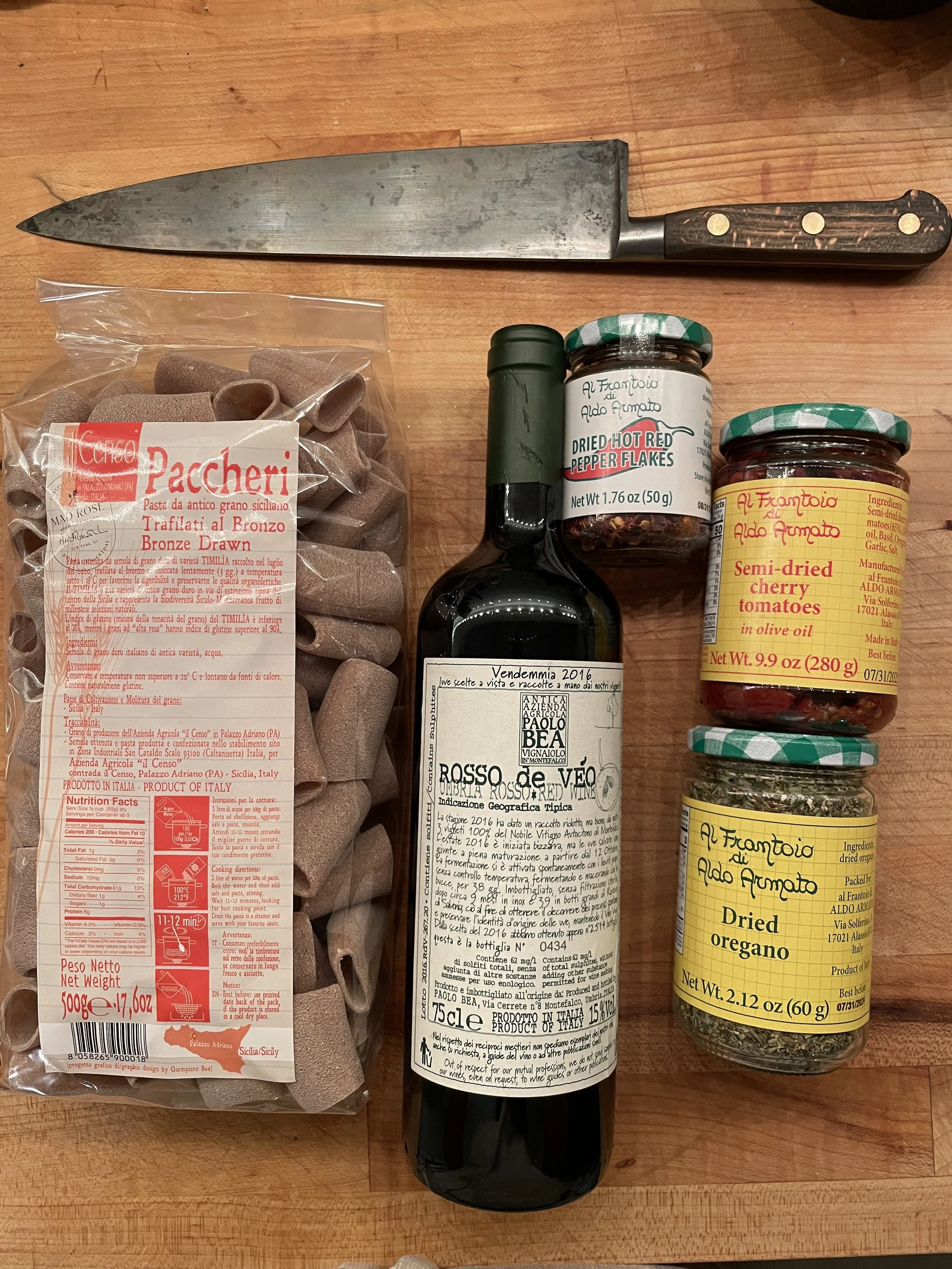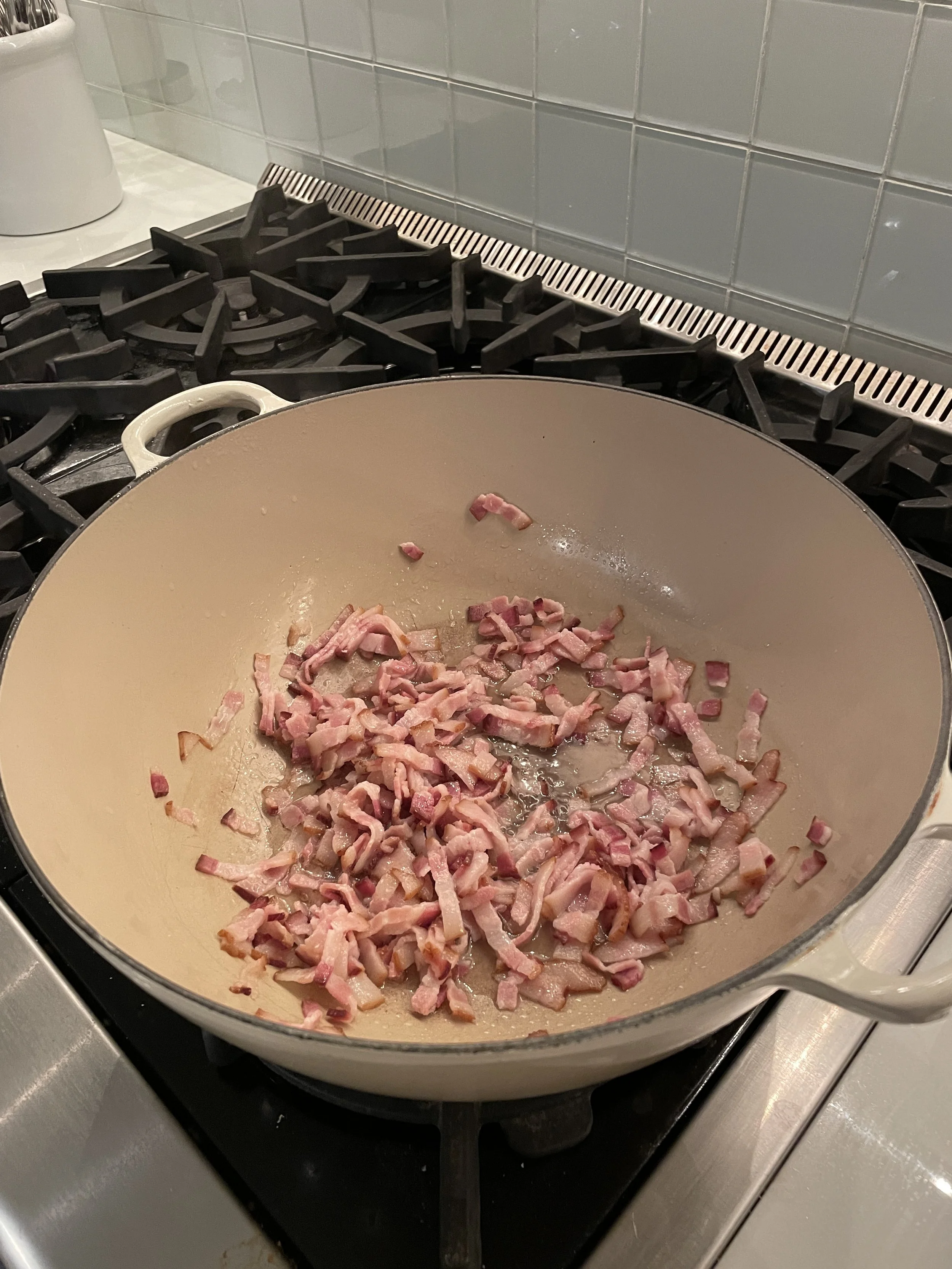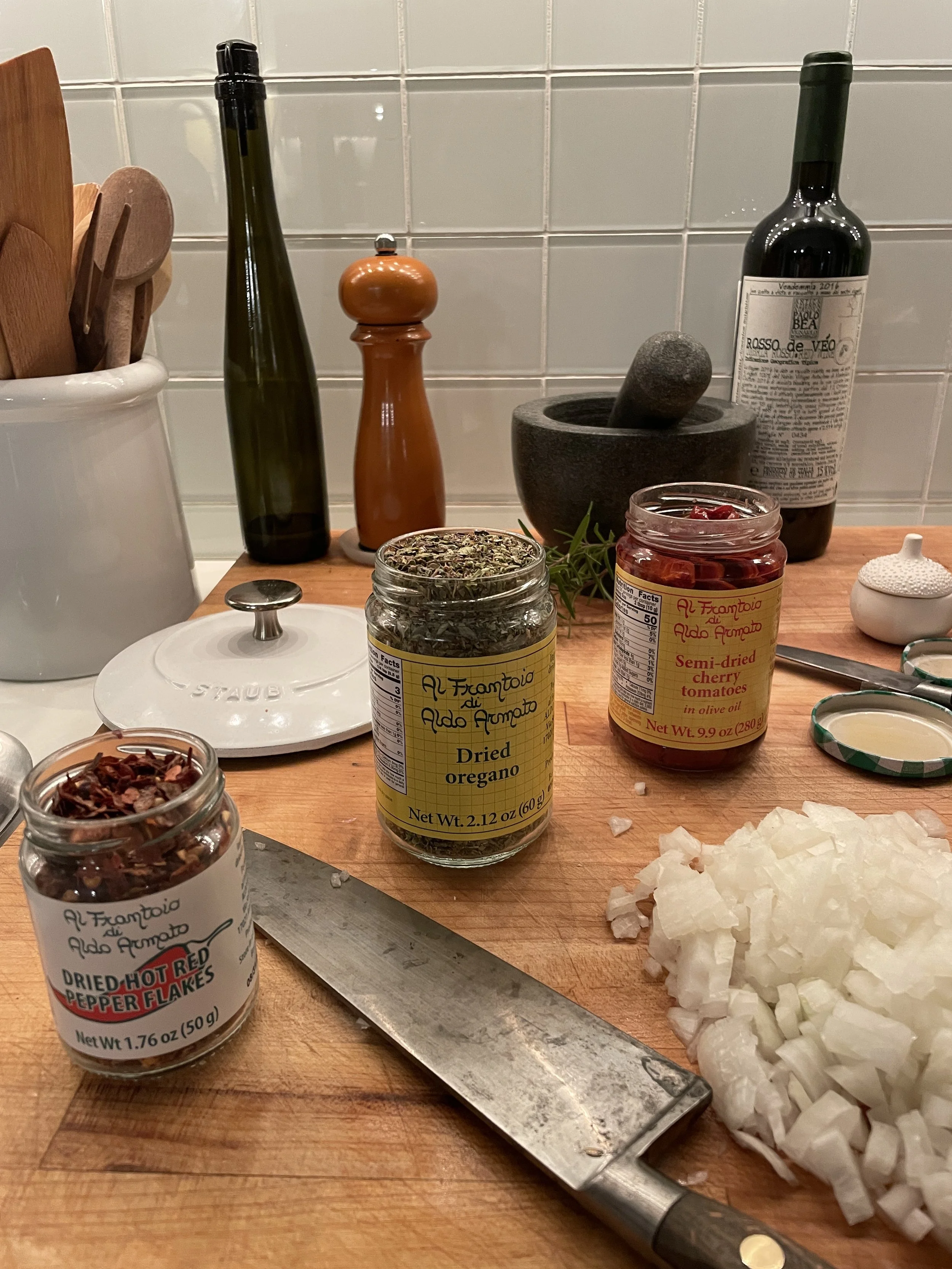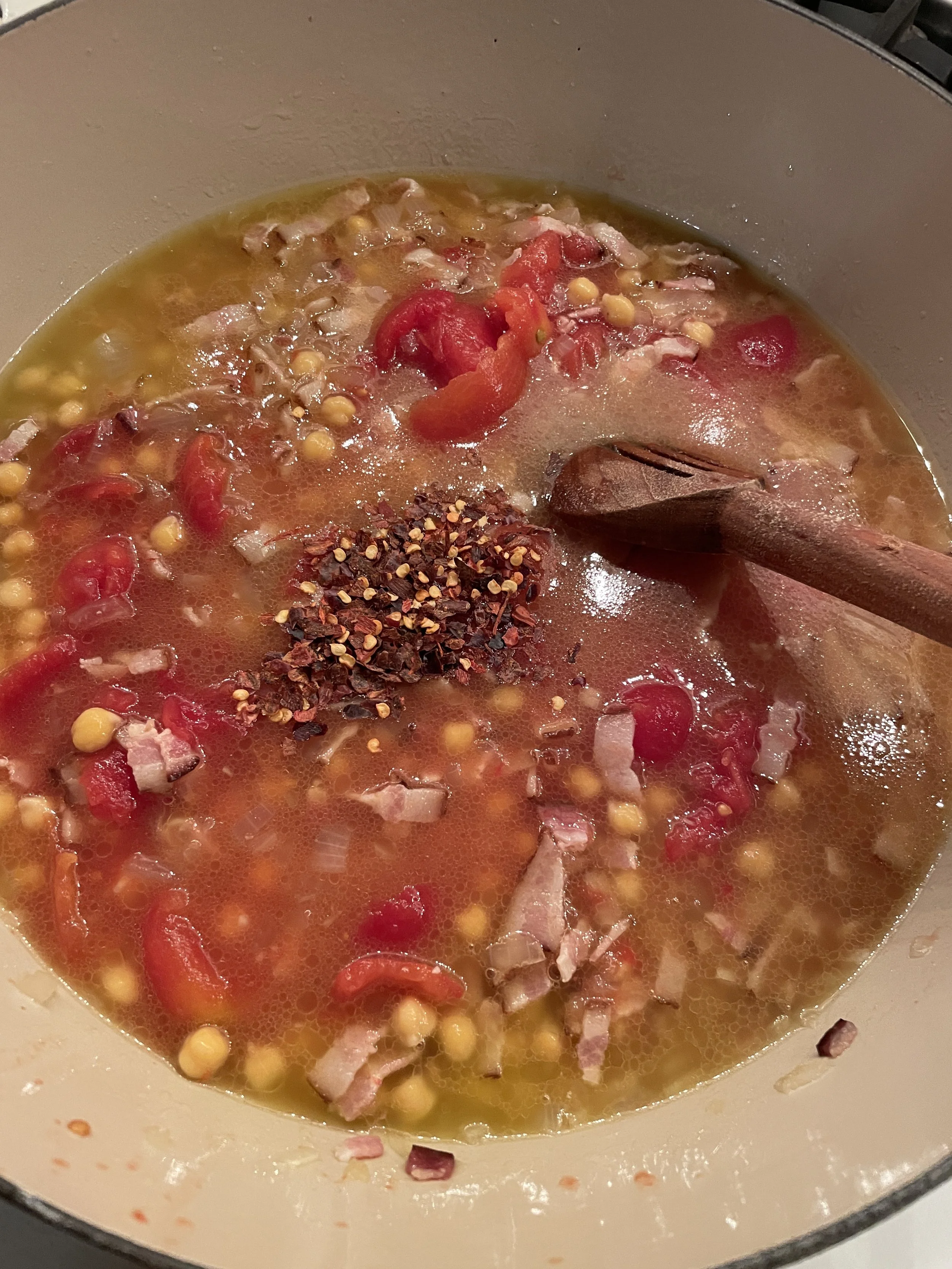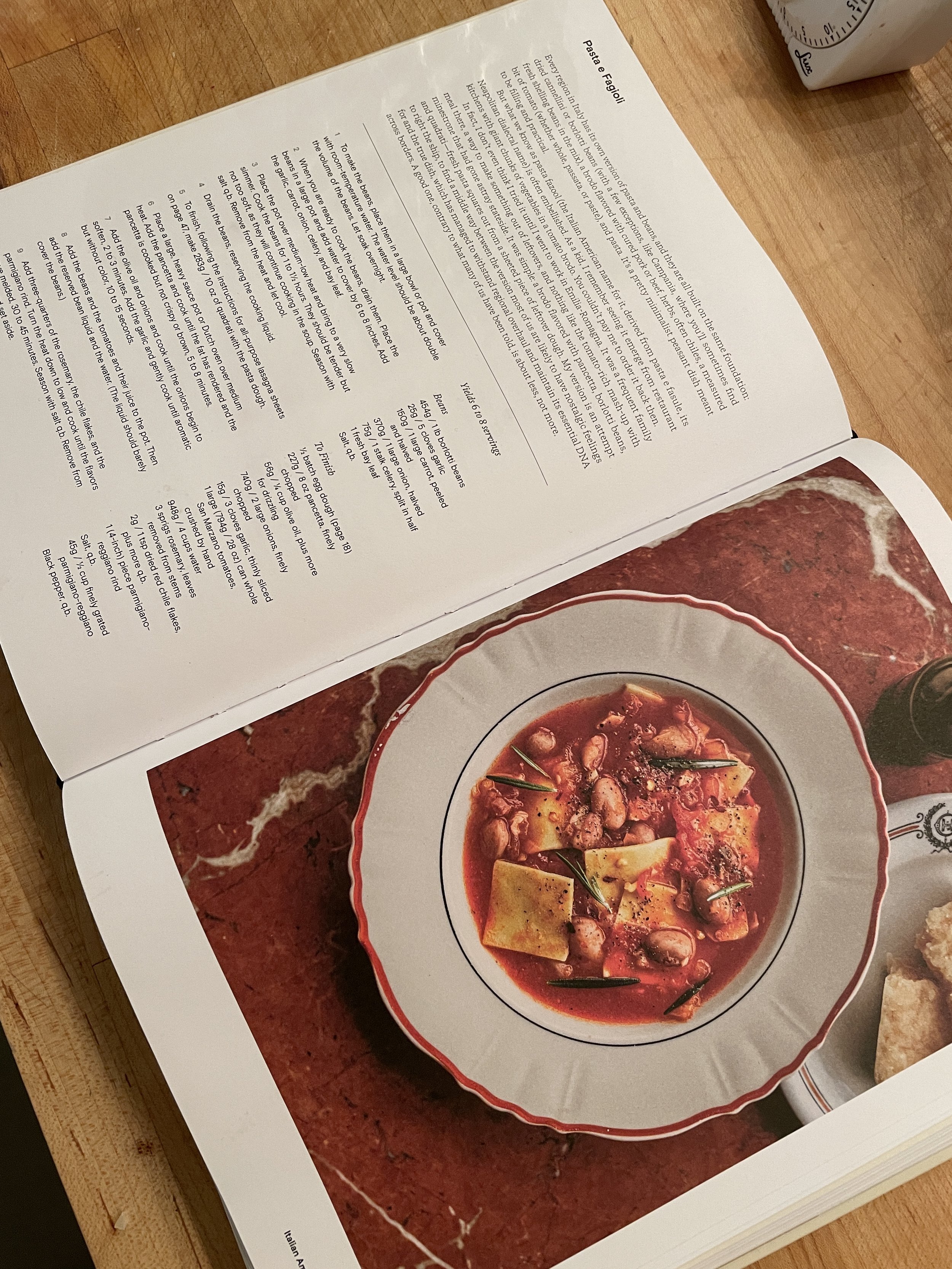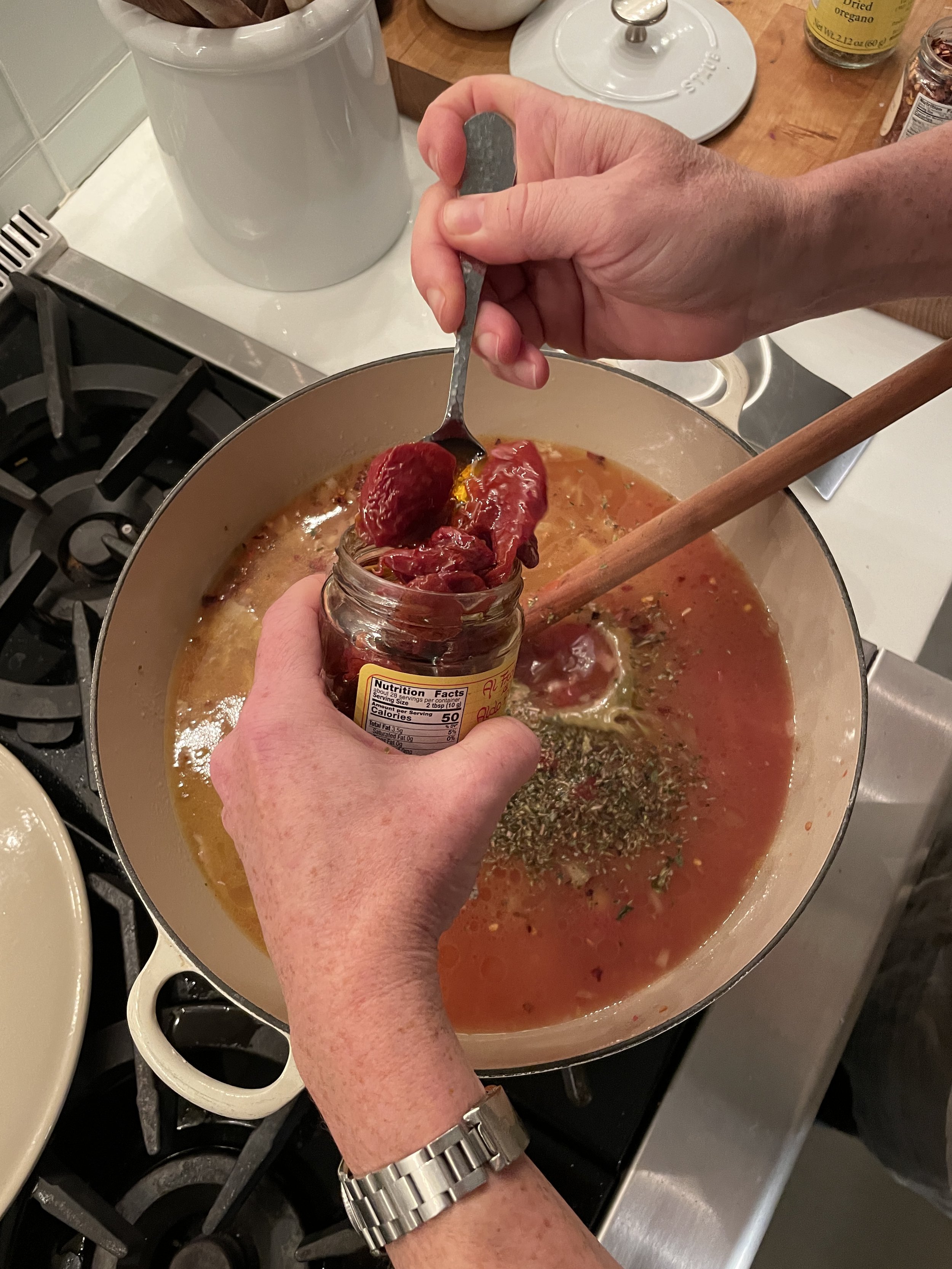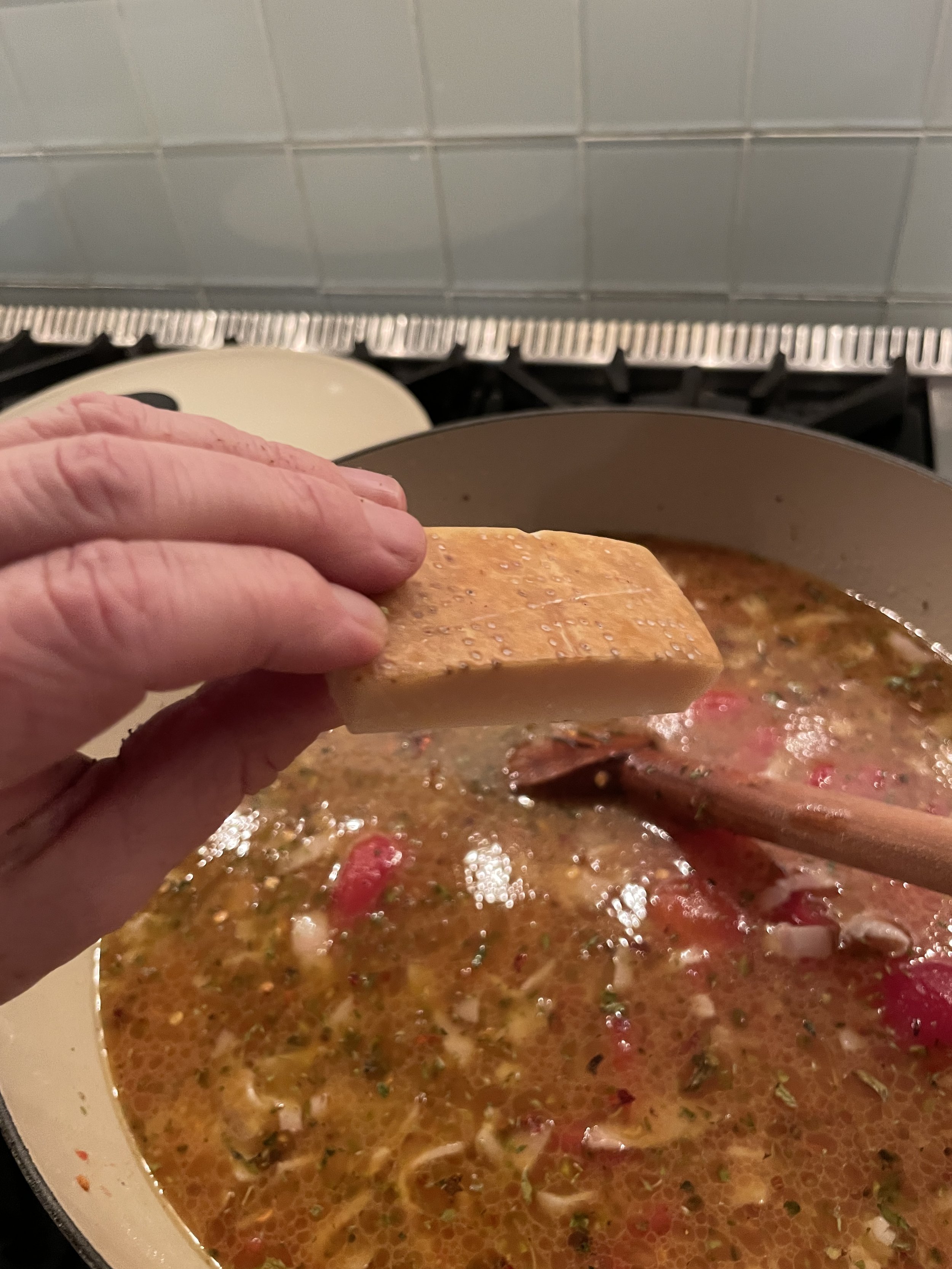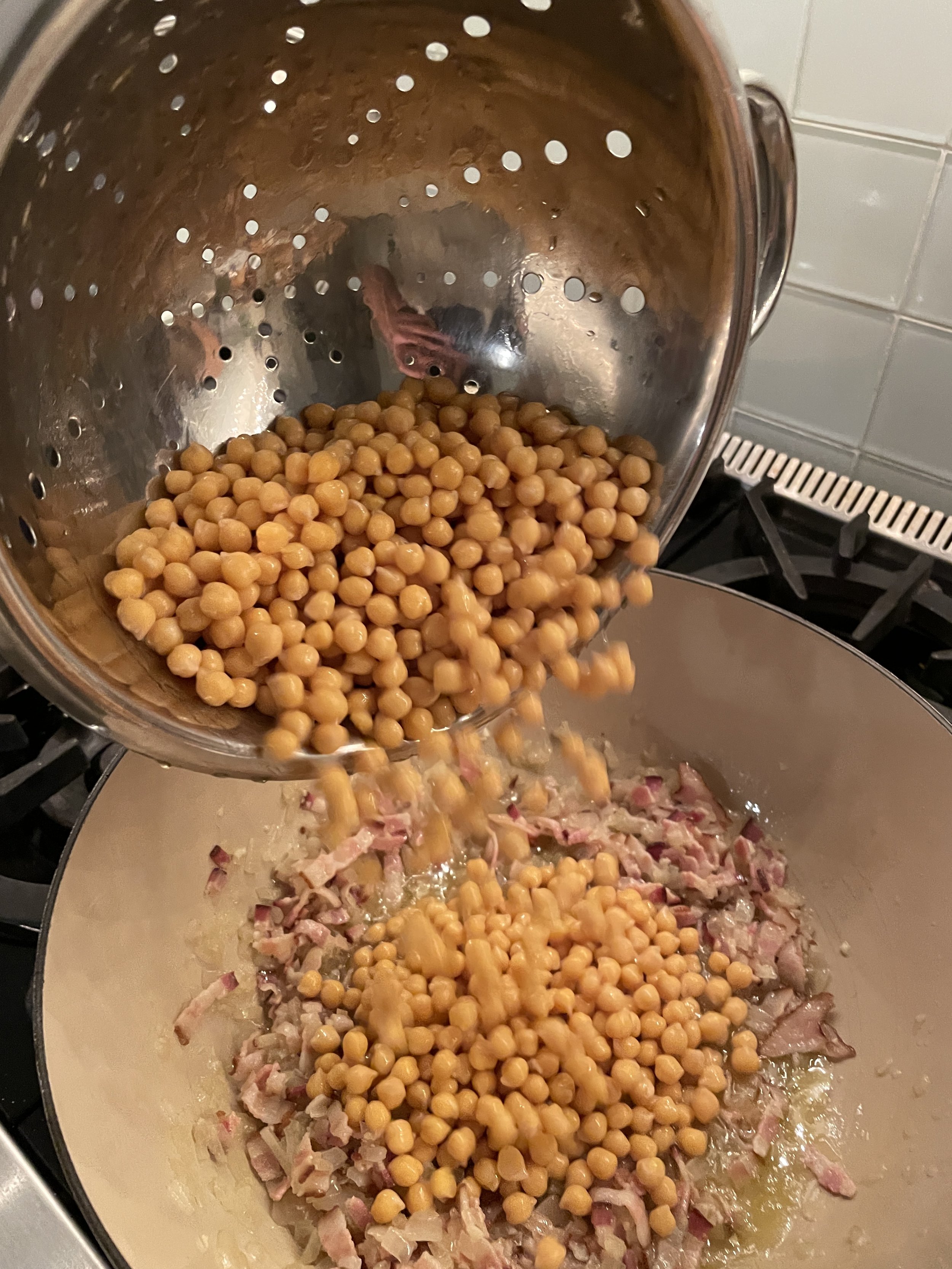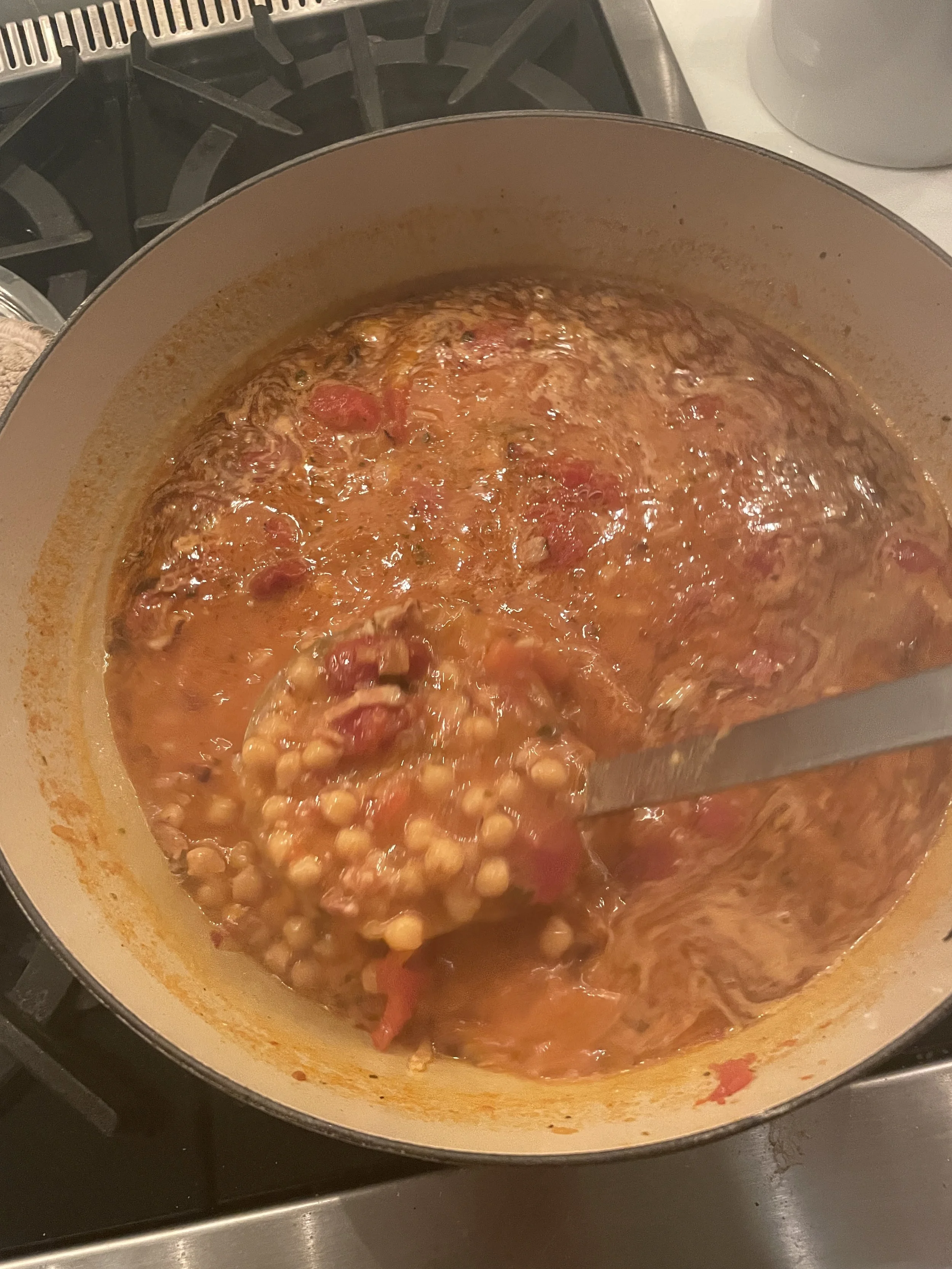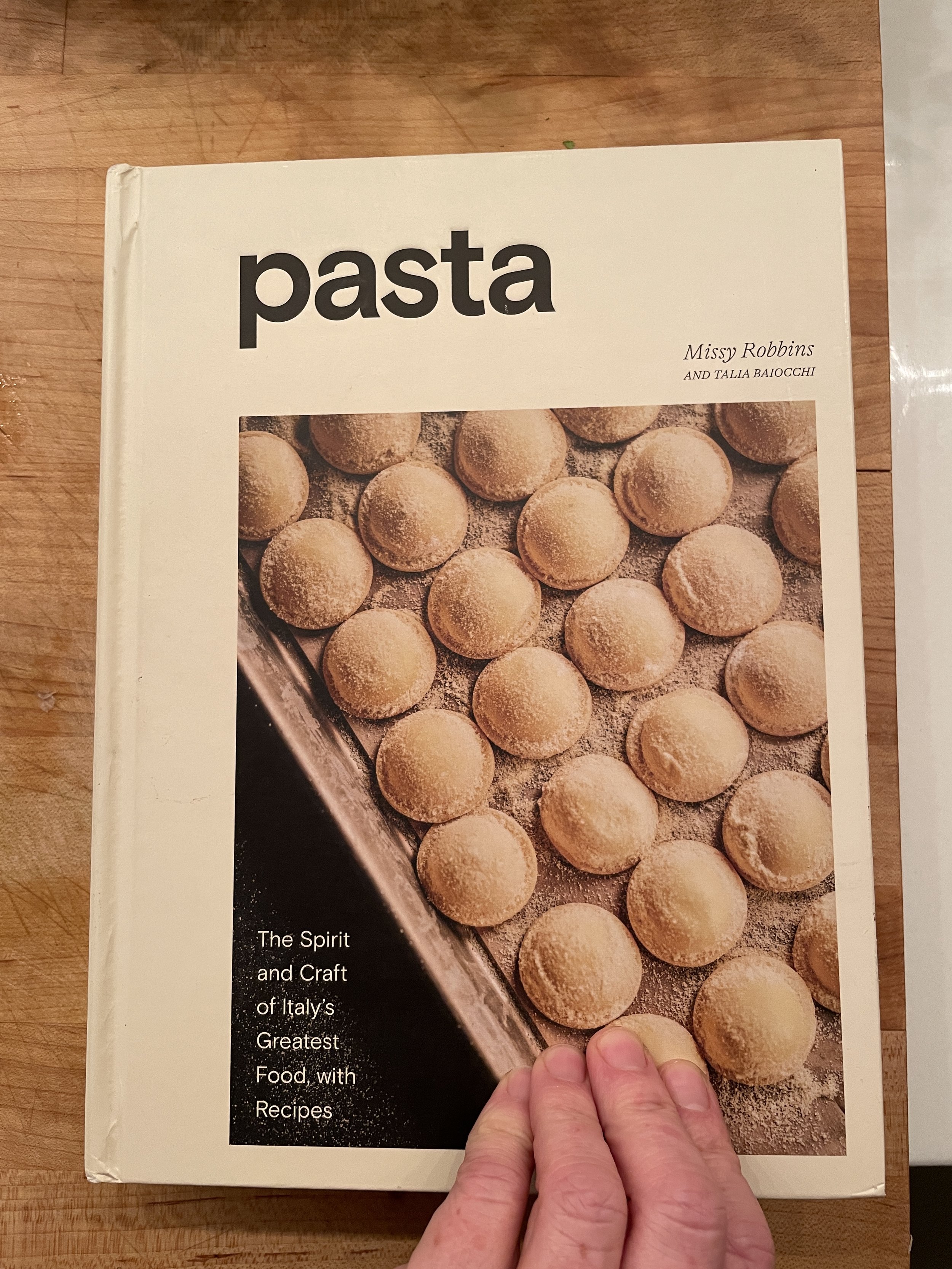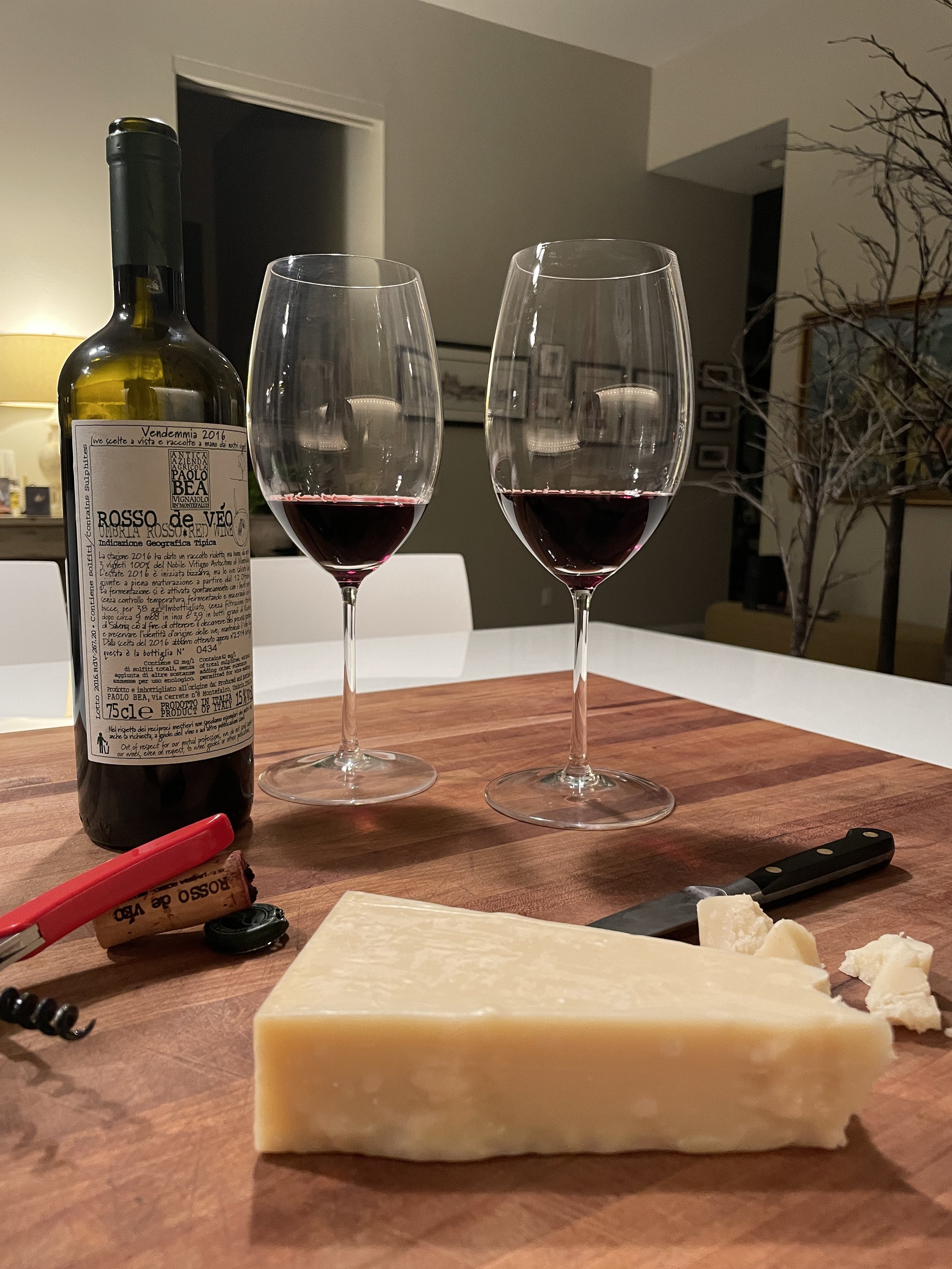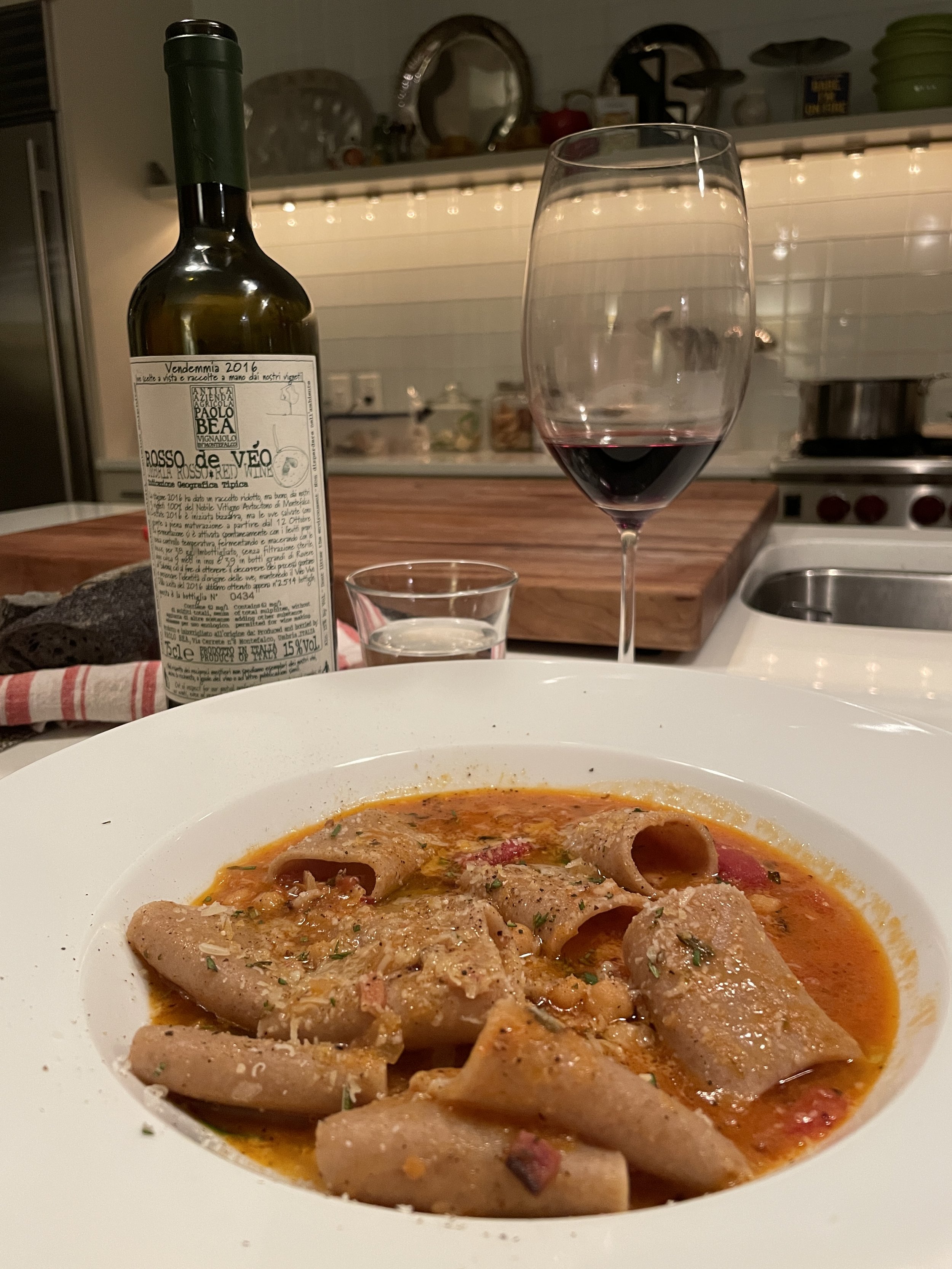If the stars make you drool
When I graduated from college, now thirty years ago, I was faced with the reality that my parent’s generosity had run its natural course. It was time to find a reliable source of income, so that I could live independently. I did what any prudent recent college graduate with an English degree would do—I waited tables! In Newport, that is the cash cow. I very likely made more money that summer then I have ever since, and I loved it!
To begin with, the social aspect was wonderful, but truly it was the camaraderie of restaurant work that I found exciting and gratifying, though admittedly, exhausting. You worked hard. It was incredibly physical, but at the end of the night, you shared a meal with the friends with whom you fought the good fight, shared stories of ridiculous customers and the great ones, and laughed at what the chef had said when you brought a dish back in the kitchen (hands down, the most frightening thing one can do).
That summer of 1992, I worked at a new, independent restaurant opened by five Italian friends who had just arrived from Bologna. The energy was intense, the food was incredible, and the culture of connection around the culinary taught me a new way to understand the meal. Food connects people across cultures: it nourishes, invokes memories, provides joy, provokes arguments, love, and breakups, all while it brings people together. Food makes us understand each other.
Having grown up in an Italian American household, I perhaps already had a sense of that reality, but for the first time, I saw it beyond the walls of my family home. My eyes were opened to the value of good food and the work that it takes to share it with people. I witnessed the drive of five remarkably strong friends who followed a dream from Bologna, Italy to Newport, Rhode Island. We fought, and Italians can yell, but then there was always a bowl of the most delicious pasta e fagioli that I ever had after my tears and a pat on the back. We begin again. Since then, the taste of that soup brings me back to that moment of connection and I cannot help but smile.
There are as many different recipes for Pasta e Fagioli in Italy as there are varietals in the vineyards across that country. Each one is unique, delicious, and an easy and hearty way to feed a crowd for not a lot of buck. I recently brought in some beautiful new Italian pantry products from Al Frantoio di Aldo Armato, an olive oil making family who also produces jars of semi sun-dried cherry tomatoes, dried oregano, and peperoncino flakes and other truly special pantry treats. This is a small family run farm in Alassio on the Ligurean coast. While I placed the jars on the shelf, I was immediately struck by an urgency to make pasta e fagioli (that’s pasta fazool to my family and friends in the northeast).
As luck would have it, I also received in that same shipment some stunning delicate dried chickpeas—ceci beans from the Bea family in Montefalco, Umbria. According to local lore the beans were the nutritional fuel for the gladiators! Giampiero grows and harvests the beans on the estate where the family makes some rockstar Umbrian wines, so I grabbed a bottle of the Paolo Bea Rosso de Veo, a bag of their beautiful bronze wheat pasta, and a meal was born.
I was reminded in this moment that a meal is a collaborative effort from the people who produce ingredients that inspire, wine makers who create delicious wines, and those who cook. Naturally, we need some ideas on how to pull this all together. I have been making the paste e ceci recipe that I learned from my friends at Mama Louisa for years now. (I should mention, there really was a Mama Louisa, whose face adorns the sign outside still today, and it was her recipes that inspired the menu.) They taught me a totally new way of making this dish, which to me felt far more authentic than anything my family made. I mean, we couldn’t even say it right!
Over the last thirty years, I have tweaked it, and most recently, I bought an eye opening book about making pasta and sauces with a quanto basta approach. Missy Robbins’ Pasta, is a must have for your culinary library, but I have it as the shop if you want to check it out. I added a few ideas from Missy, and this is what I came up with. This kind of cooking is precisely what her philosophy suggests, so follow your instincts and play with food. It is all about learning from others and creating something that is uniquely your own.
I remember, my family at Mama Louisa laughing about the local’s pronunciation of their most fundamental dish. “Why do they say it like that,” they would ask. I still have no idea, and trying to explain or defend it was out of the question anyway. I also recall one day at the restaurant when Manuela asked me to write out the words for “That’s Amore.” I was embarrassed by the American song that seemed to represent everything about my country that was wrong. I asked her why with some discomfort. She smiled, and said, “I like it very much, and I want to learn.”
Mama Louisa is still open, and they make the best Pasta e Ceci, among a wide variety of delicious dishes. Tell Marco I said hi.
Here is my recipe for Pasta e Ceci (you can use any bean, but I like it with ceci best). We have all the ingredients at the shop if you need them. This serves 10 people heartily!
The day before, put 300 grams of dried ceci beans into a small pot and cover it with water, add a roughly chopped carrot, onion, and 3 stalks of celery. Bring it to hot, but don’t let it boil. Then turn it off, and just let it sit overnight to soften the beans to al dente. When you are ready to cook, drain the beans, reserve the water, and throw away the veggies. This stock should be about 4 cups of liquid.
Cut into small pieces a half pound of bacon and render its fat in a heavy bottom pan covered. Don’t brown it, but cook until it is soft over low heat.
Small dice 2 large onions and add to the pan with the bacon and add 4 tablespoons of butter. Cook on low covered for 10 minutes.
Dice fine 3 cloves of garlic, and add them to the pot. Cook 3-4 minutes longer on low covered.
Turn up the heat and add 4 tablespoons of tomato paste and let it brown on the bottom of the pan. It is good if it looks like it is sticking. 2-3 minutes, and then add a jar of whole tomatoes and the cooking liquid from your beans. Using the spoon or your hands, break up the tomatoes to your own taste.
Add a parmesan rind (you will remove it later).
Add a jar of semi dried cherry tomatoes, and reserve the oil for garnish.
Bring it to a simmer and allow to cook for 45 minutes with that light bubble.
In a separate pan, boil you pasta to al dente in well salted water. I highly recommend the Bea Paccheri pasta, it worked great and looked beautiful.
Reserve 2 cups of the pasta water, drain pasta, and add to the pot along with your prepared beans.
Add 2-3 tablespoons of dried oregano. (Herbs are personal, so use what you like!)
Add a cup of finely grated Parmigiana Reggiano (and fish out the rind). (You can use Romano, but I prefer the fruitiness of Parm.)
Stir gently so as not to break pasta, and leave on low heat at a simmer for 20 minutes to allow the flavors to come together. If thick, use the pasta water to loosen the sauces. I like it a loose stew consistency, so I put all the water in.
Serve it in warmed bowls with toasted bread, garnish with oil and more grated parm.
Mangia, and remember to eat, drink, and think, Maria

